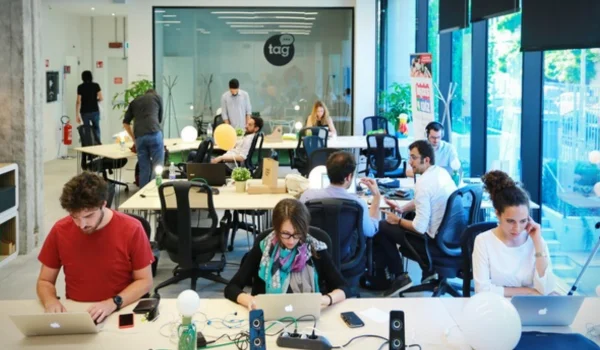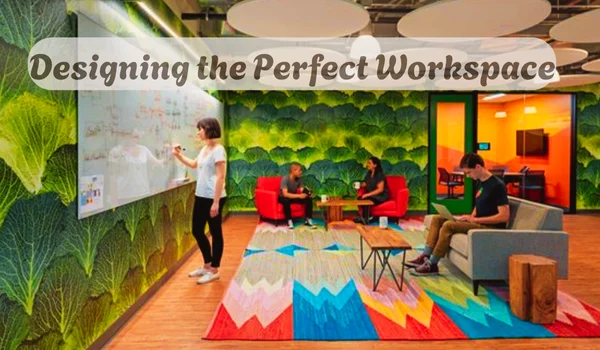The evolution of work culture in the United States has been significantly influenced by the rise of hybrid work models. This shift, accelerated by the COVID-19 pandemic, has led to a re-evaluation of traditional office spaces and a surge in demand for flexible work environments. Coworking spaces have emerged as pivotal players in this new landscape, offering solutions that align with the needs of modern businesses and employees.
Understanding Hybrid Work
Hybrid work refers to a flexible working model where employees split their time between working remotely and working from a physical office. This approach allows for a balance between the autonomy of remote work and the collaborative benefits of in-person interactions. According to the 2023 State of Hybrid Work report by Owl Labs, 79% of U.S. managers believe that hybrid or remote work has made their teams more productive.
The Surge in Demand for Coworking Spaces

As businesses adopt hybrid work models, the demand for coworking spaces has seen a significant uptick. These spaces provide the flexibility that companies require without the long-term commitments associated with traditional office leases. In 2023, companies began embracing flexible work environments, leading to an increased demand for coworking solutions that offer convenience, productivity, and community.
Benefits of Coworking Spaces in the Hybrid Era
- Flexibility and Scalability
Coworking spaces offer businesses the ability to scale their office space needs up or down based on current requirements. This flexibility is particularly beneficial for companies with fluctuating team sizes or project-based work. The ability to adjust workspace arrangements without the constraints of long-term leases allows businesses to remain agile and responsive to changing demands.
- Enhanced Collaboration Opportunities
While remote work offers autonomy, it can sometimes lead to feelings of isolation. Coworking spaces bridge this gap by providing environments that foster collaboration and networking. These spaces are designed to encourage interaction among diverse professionals, leading to potential partnerships, idea exchanges, and community building.
- Access to Premium Amenities
Many coworking spaces offer amenities that might be cost-prohibitive for individual businesses to provide on their own. These include high-speed internet, meeting rooms, event spaces, and administrative support. Access to such resources enhances productivity and ensures that businesses can operate efficiently without significant overhead costs.
- Strategic Location Choices
The rise of hybrid work has also led to a decentralization of office locations. Businesses are increasingly seeking coworking spaces in suburban areas, reducing the need for employees to commute long distances. This trend not only supports work-life balance but also contributes to the revitalization of local economies.
Challenges and Considerations
Despite the advantages, there are challenges associated with the proliferation of coworking spaces. As demand increases, competition among providers intensifies, potentially leading to market saturation in certain regions. Additionally, businesses must carefully evaluate the costs associated with coworking memberships to ensure they align with their budgetary constraints.
The Future Outlook
Looking ahead, the role of coworking spaces in the hybrid work era is poised to expand. As businesses continue to prioritize flexibility, collaboration, and cost-efficiency, coworking spaces will play a crucial role in shaping the future of work. The ongoing evolution of these spaces, driven by technological advancements and changing workforce dynamics, will determine their success in meeting the needs of modern businesses and employees.
In conclusion, the rise of hybrid work has transformed the landscape of professional environments. Coworking spaces have emerged as vital components in this transformation, offering solutions that cater to the evolving needs of businesses and their employees. As the future of work continues to unfold, the adaptability and innovation of coworking spaces will be key in supporting the diverse and dynamic workforce of tomorrow.


